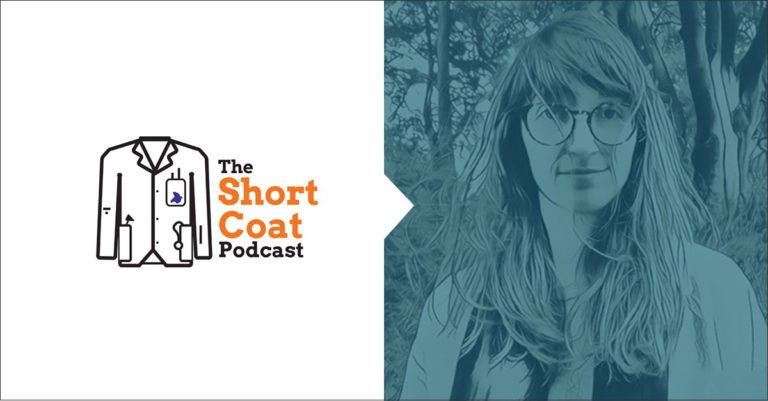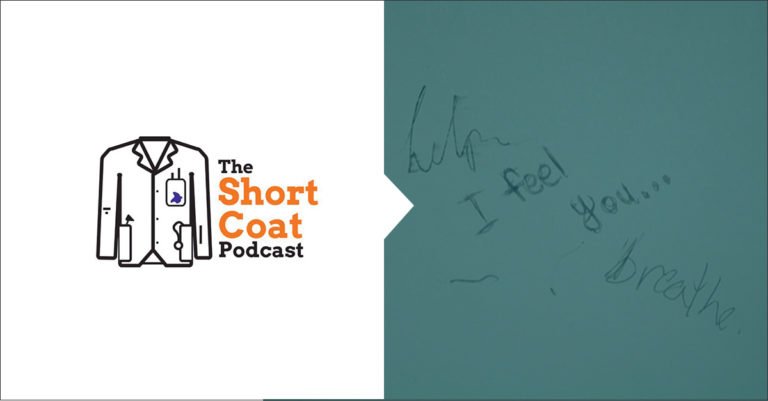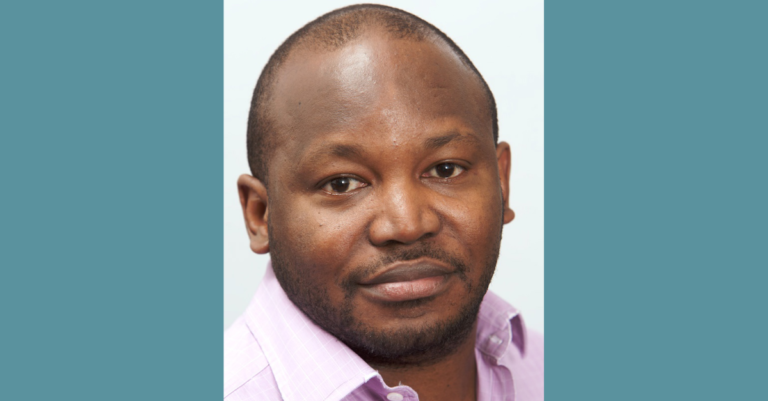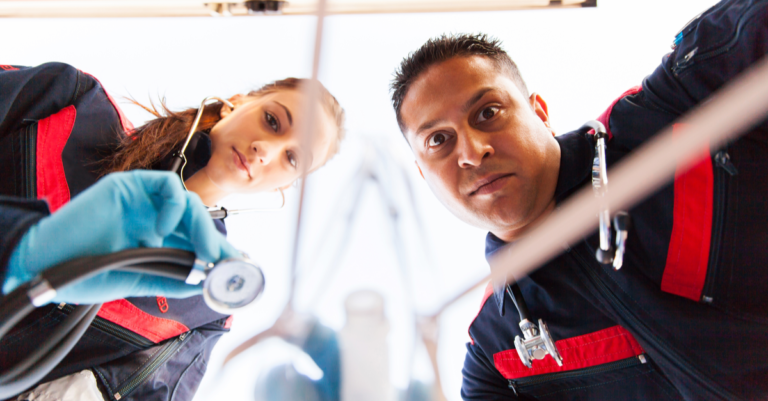
Medical
Medical journalists and researchers have a responsibility to perform meaningful, reproducible research to guide the ... Read more
DocThoughts
Updated February 28, 2019 by DocThoughts

Medical School
I’ve just started my fourth year, and while it’s a relief to be done with ... Read more
Adelle
Updated June 24, 2022 by Adelle

Medical
A live stage show featuring the stories of healthcare providers is now a podcast you’ll love. ... Read more
The Short Coat Podcast
Updated February 27, 2019 by The Short Coat Podcast

Medical
Becoming a physician requires a lot of planning. You have to plan which college to ... Read more
Renee Marinelli
Updated February 2, 2019 by Renee Marinelli

Medical
The Seven Parts of a Prescription Are you learning to write a prescription? It’s not ... Read more
Kunal Sindhu
Updated October 26, 2025 by Kunal Sindhu

Medical
A 62-year-old female, G3P3, presents to her gynecologist with a year-long history of worsening stress ... Read more
Figure 1
Updated February 27, 2019 by Figure 1

Pre-Medical
Mentorship and Examples are critical. The Summer Health Professions Education Program, SHPEP, has become a ... Read more
The Short Coat Podcast
Updated June 24, 2022 by The Short Coat Podcast

Pre-Medical
In recent years, the multiple mini interview (or MMI) has gained popularity with medical school ... Read more
Cassie Kosarek
Updated June 24, 2022 by Cassie Kosarek

Medical
Unsuccessful medical school applicants face a quandary. What to do next? A popular option has ... Read more
Monya De
Updated March 1, 2019 by Monya De

Medical
A three-year-old African American boy is brought to his new pediatrician over concerns of poor ... Read more
Figure 1
Updated February 27, 2019 by Figure 1

Medical
Executive Producer Jason has kindly let Dave go on vacation, so Aline Sandouk takes over ... Read more
The Short Coat Podcast
Updated February 27, 2019 by The Short Coat Podcast

Medical
Can you recall moments in your adolescence when you were completely living in the moment, ... Read more
Amy Rakowczyk
Updated January 7, 2020 by Amy Rakowczyk

Medical School
Changing dressings on diabetic ulcers is not particularly pleasant. The oozing, the meticulousness of laying ... Read more
Renee Marinelli
Updated June 24, 2022 by Renee Marinelli

Medical
A 28-year-old female presents to the emergency department with an occipital headache and neck pain. ... Read more
Figure 1
Updated February 27, 2019 by Figure 1

Medical School
It is Friday afternoon at 4 pm. I’m headed to see a consult while simultaneously ... Read more
Kara Hessel
Updated June 24, 2022 by Kara Hessel

Physician Q&A
Dr. Ike Anya is a consultant in public health medicine, writer, honorary lecturer in Public ... Read more
Gloria Onwuneme
Updated June 24, 2022 by Gloria Onwuneme

Medical
A 65-year-old male presents to his family physician with complaints of increasing fatigue, dyspnea on ... Read more
Figure 1
Updated February 27, 2019 by Figure 1

Medical School
And no, that’s not the three stages of your med school application. ’Tis the season ... Read more
The Short Coat Podcast
Updated June 24, 2022 by The Short Coat Podcast

Pre-Medical
Importance of Medical/Healthcare Experience as a Medical School Applicant Healthcare is a broad field with ... Read more
Emily Millet
Updated June 24, 2022 by Emily Millet















